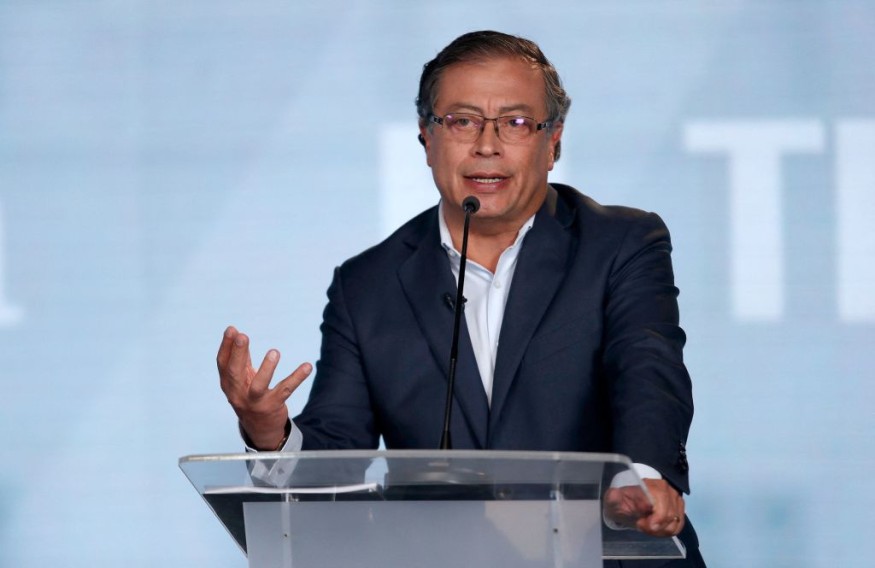Colombia Elections: Ex-Rebel Is Now Colombia's First Leftist President

Latin America's third most populous country, Colombia, recently held its runoff elections, and a winner has been decided by a narrow margin. Former rebel Gustavo Petro has triumphed over millionaire real estate mogul Rodolfo Hernández, taking 50.47% of the votes, according to the South American country's election authorities.
Petro, currently a senator in Colombia, would become the country's first-ever leftist president. He will be officially declared the winner of the elections after a formal count concludes. That formal count is expected to last a few days, though historically, the preliminary results have always coincided with the final results in Colombia.
Hernández has conceded, and outgoing president Iván Duque, a known conservative, has congratulated Petro on his victory.
Gustavo Petro Win Signals A Change in Colombian Politics
Colombia has long been a country that marginalized its political left due to its association with rebel-led armed conflicts in the country's long history. However, Huffington Post reports that Petro's victory signals a shift in the country's politics, as a little over half of the voters have gone with a leftist, who is also known as a former rebel.
Petro thanked voters for his victory, with his election headquarters in the capital, Bogota, playing a message on the screen saying, "Gracias Colombia." The projected President-elect has also taken to Twitter to say that it was a day of celebration for the country. The tweet also hopes that his victory may cushion the sufferings of many.
The 62-year-old was a former mayor. But before that, Petro was also a known member of the M-19 rebel group, which started as a Colombian guerrilla organization movement before demobilizing and then going on to become a legitimate political party.
Gustavo Petro Wins Only by a Narrow Margin
While main rival Rodolfo Hernandez has conceded to Petro, the race to be Colombia's next leader was a tight one, as the country had to hold runoff elections to decide who was the true winner. Although Hernandez had 47.27% of the votes, Petro had a little more, taking 50.47% of the votes. Both candidates ran on populist agendas, both blaming corruption for Colombia's woes. Both candidates were seen as opposition to the current and unpopular Duque government.
Many Colombians who still distrust Petro and the Colombian left have flocked to the side of Hernandez. But as the votes were tallied, it became clear that the majority of Colombians opted for a brand-new path.
According to the New York Times, after Petro is officially declared president, he will take office in August. He will face plenty of problems as he takes over, with rising violence, deforestation, and lack of opportunity within the country being some of the major ones.
The New York Times also reports that Petro views the current economic system as broken, as it is overly reliant on oil export, as well as the cocaine industry, which is illegal in the country officially. He is calling a halt to oil exploration, shifting to other industries, and imposing higher taxes on the rich. This platform has drawn much criticism, however, with a former Colombian finance minister calling his strategy an "economic suicide."
This article is owned by Latin Post.
Written by: Rick Martin
WATCH: People celebrate Gustavo Petro's victory as they await his speech
Subscribe to Latin Post!
Sign up for our free newsletter for the Latest coverage!
© 2026 Latin Post. All rights reserved. Do not reproduce without permission.















